
G7 commits to scale-up support for anticipatory action and the Start Fund
The G7 has confirmed its commitment to supporting the scaling-up of anticipatory action and the growth of the Start Fund.

The G7 has confirmed its commitment to supporting the scaling-up of anticipatory action and the growth of the Start Fund.

The monthly risk briefing reports on new, emerging or deteriorating situations; therefore, ongoing events that are considered to be unchanged are not featured and risks that are beyond the scope and scale of the Start Fund are also not featured. It is collated by the Start Network Anticipation and Risk Financing team using information from academia and research institutes, government departments, ACAPS, global risk indexes, risk information provided by Start Members and their partners, and the media. Key risks are shared and collated each month with FOREWARN input.
This handbook details the procedures which govern the use and allocation of the Start Fund.
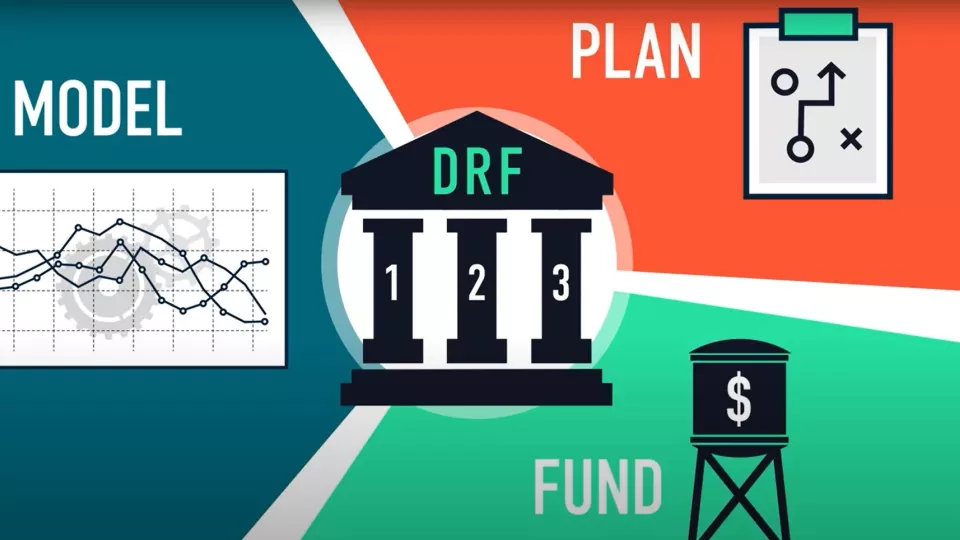
Start Network has today launched a guide for scientists and humanitarians to encourage the responsible use of scientific data in humanitarian decision-making.
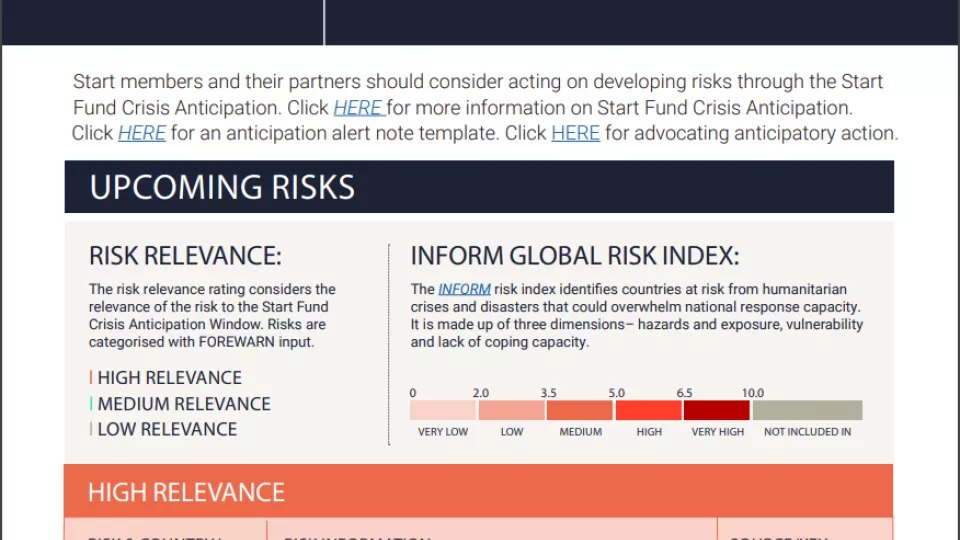
The monthly risk briefing reports on new, emerging or deteriorating situations; therefore, ongoing events that are considered to be unchanged are not featured and risks that are beyond the scope and scale of the Start Fund are also not featured. It is collated by the Start Network Anticipation and Risk Financing team using information from academia and research institutes, government departments, ACAPS, global risk indexes, risk information provided by Start Members and their partners, and the media. Key risks are shared and collated each month with FOREWARN input.
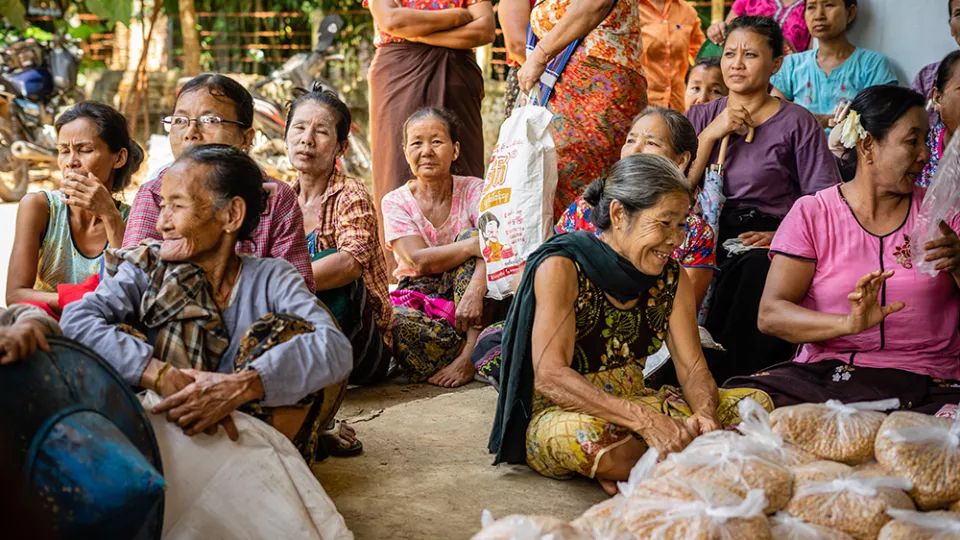
Women and girls are known to suffer disproportionately during crises and disasters. A recent report by CARE International found 10/11 top humanitarian donors and 5/6 major United Nations agencies to be unsatisfactory in their progress towards their commitments to target 15% of their humanitarian aid to gender equality programming.

Start Network has launched Information is Power: Connecting Local Responders to the Risk Information that they Need, a paper which calls for organisations to connect people at risk of crises with forecast information, which can help to save lives, cut the costs of emergency response, and build more resilient communities.

The German Federal Foreign Office (GFFO) has announced its support of €4.5 million for a programme of activities that will embed early humanitarian action across a global network of NGOs.
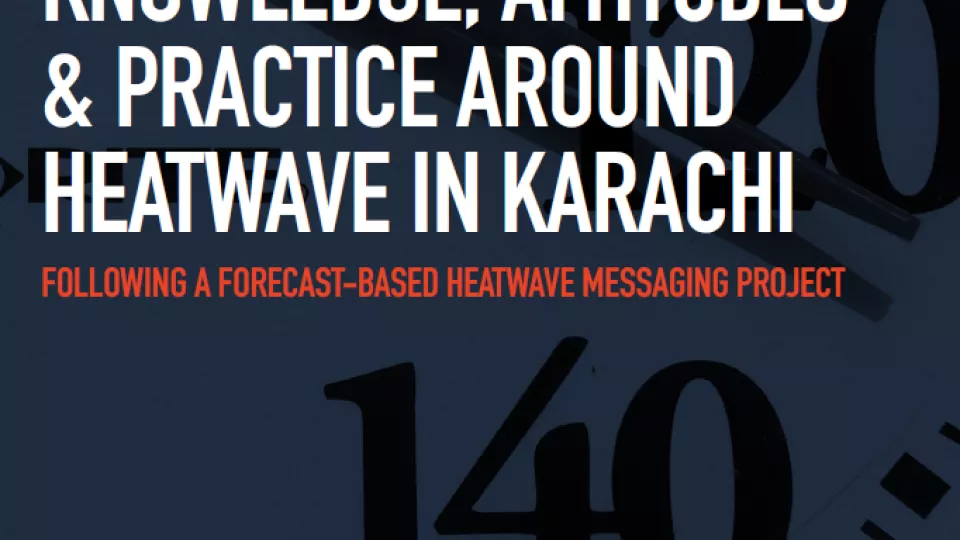
The humanitarian impact of extreme heat is an increasing concern, especially in low-income countries with limited access to quality healthcare and informal dwellings which can trap heat. This report analyses the knowledge, attitude and practice of Karachi residents in relation to managing extreme heat. It was conducted in 2020 following a messaging campaign led by HANDS related to extreme heat. The project was triggered through a disaster risk financing approach, using a heatwave model to trigger funding automatically when extreme heat was forecast.
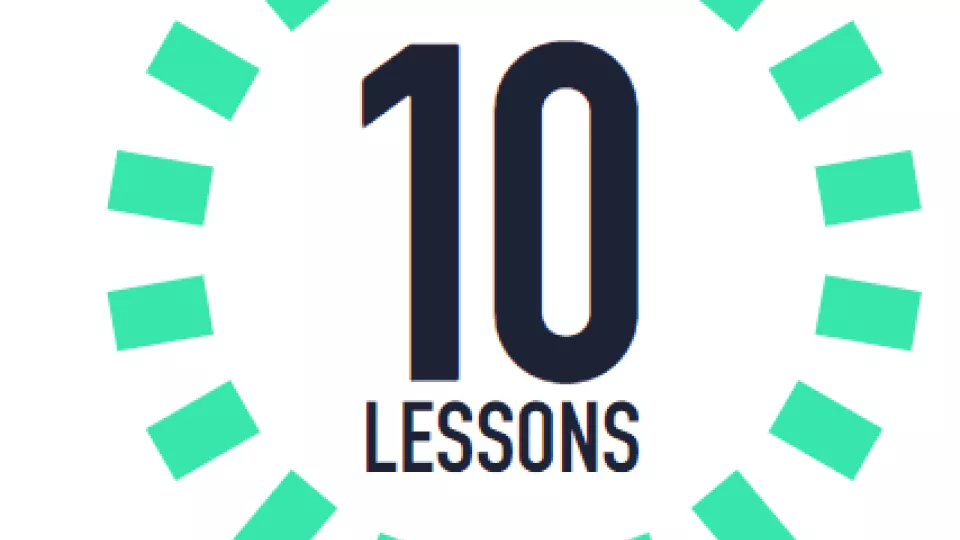
In 2016 the Start Network launched Crisis Anticipation within the Start Fund. This short brief documents the 10 key lessons learned and recommendation from the first 3 years of Crisis Anticipation at the Start Network.